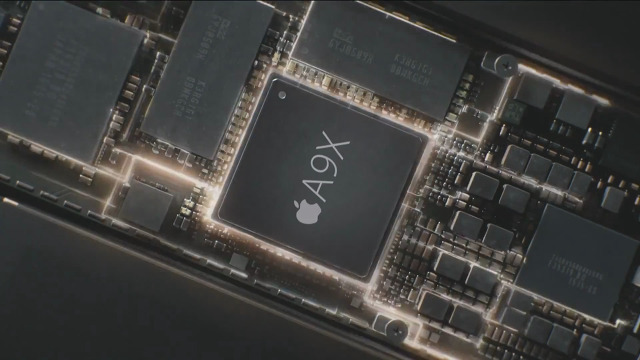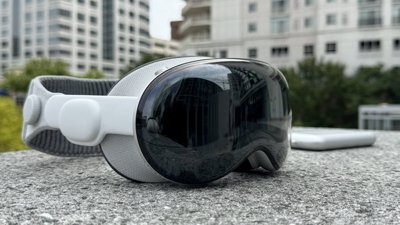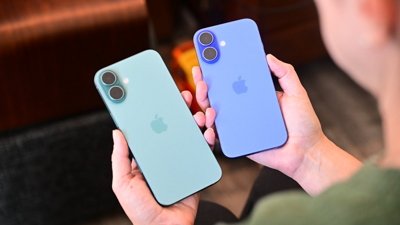Tsinghua Unigroup International has purchased a 3 percent stake in Imagination Technologies, the company that builds graphics processors for Apple's custom A-series chips found in the iPhone, iPad and Apple TV.
Apple had been in talks to potentially acquire Imagination, but the iPhone maker ultimately opted not to strike a deal. Following the breakdown in talks, Chinese state-owned company Tsinghua took a 3 percent stake in Imagination as of May 4.
Imagination Technologies has licensed high-performance graphics processor unit (GPU) designs, known as PowerVR graphics series, for use in Apple's A-series dating back to the original iPhone in 2007. Apple licenses the PowerVR series of GPUs and combines them with memory, logic and ARM-based CPU parts on to a single chip called a SoC or system-on-a-chip.
Though Apple and Imagination have worked together closely, a slowdown in smartphone sales has affected the company, prompting layoffs and restructuring earlier this year. By April, Apple was in talks to purchase Imagination, though the deal fell through.
In a rare move, Apple issued a statement admitting it had "some discussions" with Imagination, but that it did not "plan to make an offer for the company at this time." Apple already owns an 8.5 percent stake in the company, more than twice that of Tsinghua's new share.
Tsinghua's purchase translates to 8,370,032 total shares with 3 percent voting rights assigned. The Chinese state-owned company now has a share of Imagination almost equivalent to Intel's 5 percent.
As of December 2015, Imagination Technologies only had five primary investors: Baillie Gifford & Co., M&G Investment Management Ltd., Apple Inc., Newton Investment Management Ltd. and Majedie Asset Management Ltd.
 Jan Manon
Jan Manon








 William Gallagher
William Gallagher
 Malcolm Owen
Malcolm Owen


 Chip Loder
Chip Loder
 Mike Wuerthele
Mike Wuerthele



-m.jpg)






15 Comments
For Imagination Technologies, it might not hurt going deeper into the Chinese market. Various Chinese SoC's use ARM's Mali GPU design, but a PowerVR GPU design can be just as competitive in the Android space, potentially offering higher performance and greater efficiency. In terms of features, recent PowerVR GPU's can also support Android's newest API, Vulkan.
The problem is that the Android market is mostly down market (except for Apple), while they're most lucrative products are up market.
3% is pretty small, so not even sure why this is news.
Is 3% enough to get their foot in the door to steal IP?
It would be far better for Apple to buy AMD or nVidia.